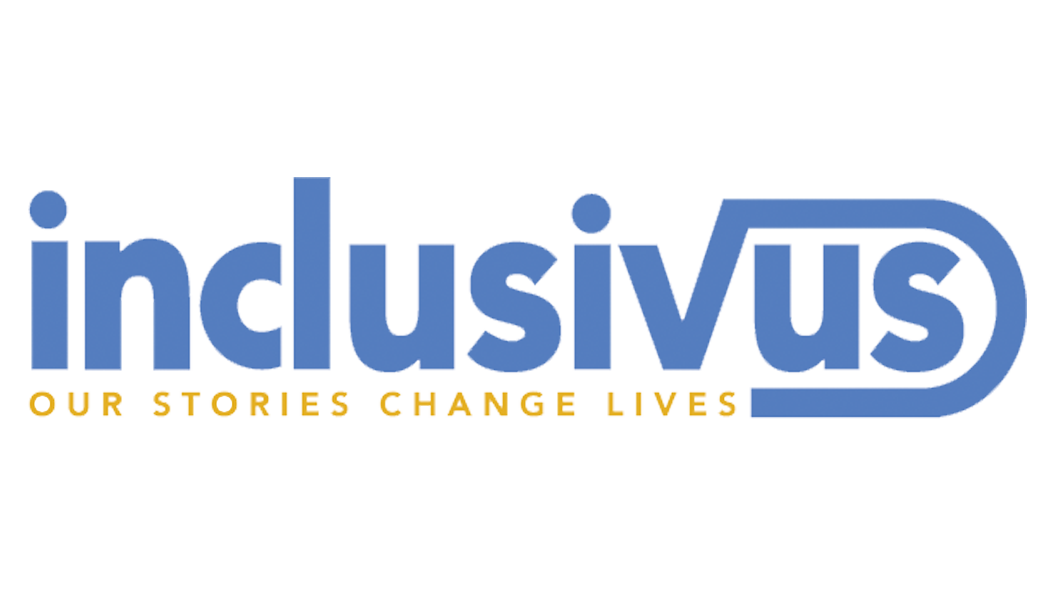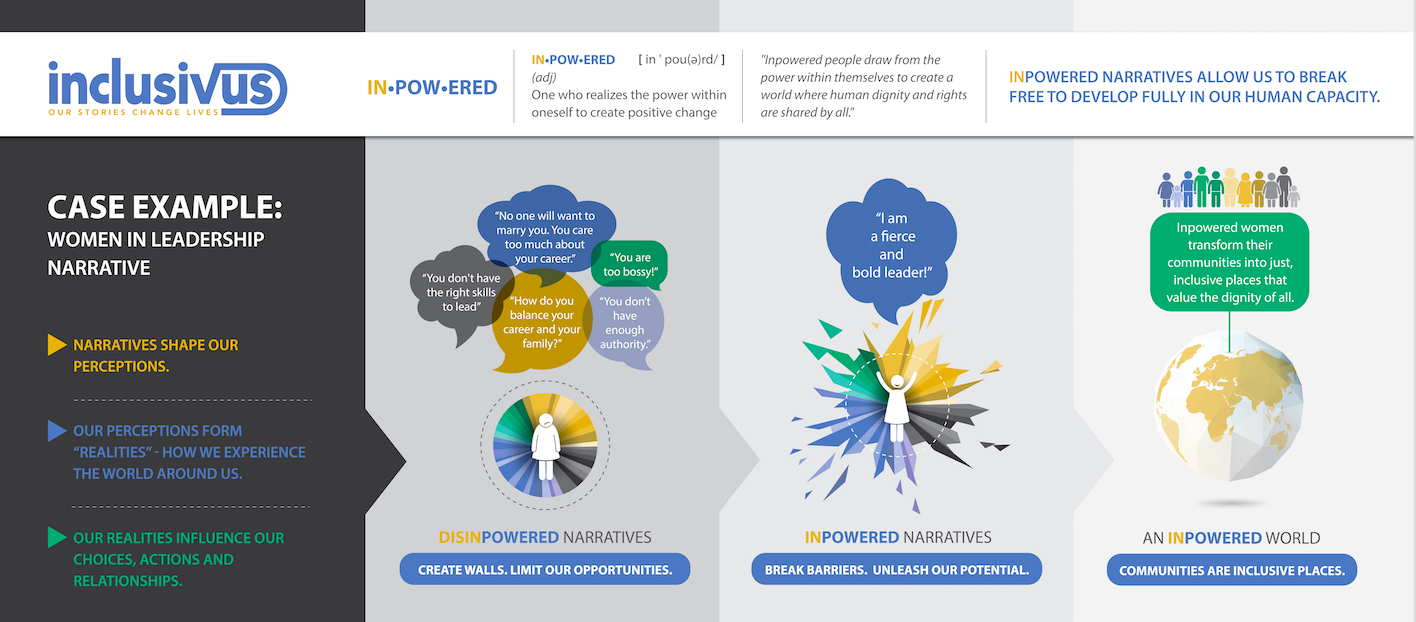by Antonie de Jong
This story explains how I became an accidental feminist being a man. There’s nothing dramatic here—no Damascus conversion, no “Aha-Erlebris,” just a gradual realization I had become one.
I grew up with two sisters and I still remember my disappointment when my youngest sister was born. I was the oldest and nine years old at the time. I was so hoping for a brother, but the disappointment soon evaporated and I was very happy with my second sister! I grew up the sixties and seventies when feminism was coming up in Europe. In Holland, the most fanatical feminists were in a group called “Dolle Mina” (Mad Mina). I understood their points—equal pay and equal treatment for women—but I never studied their cause in detail. Later, I went to college with a feminist who said she would never breastfeed when she became a mother, because men and women should be equal and it would make her feel like a milk cow. To me, that seemed too radical. Why deny our biological differences? That seemed too “overdreven,” exaggerated, in my point of view.
In 1983, I entered the Foreign Service. The following year, I was posted in Lagos, Nigeria for a position that would open my early feminist eyes. In Lagos, women did everything—they had more than five children on average, they ran the market, did all the work on the land, took care of the kids, the meals, the home, ran small businesses. And where were the men? Good question. Next question.
In Lagos, when the women would ask their husbands, “Can I have some money for chop (food)?” the man would often answer in Pidgin English, “You scatter my heard-o,” meaning, “You cause me a headache.” Often, the man would come home like in a Nollywood TV-drama and say to his wife, “Woman, bring beer.” There are many exceptions, but the relations between the sexes are far from equal in that part of the world. For example, when one friend of mine decided it was time for him to take a second wife, the opinion of his spouse didn't seem to matter much.
I noticed the same thing during my next postings in Colombia and Ecuador, where I became familiar with the issue of violence against women, perhaps compounded by the macho-culture, alcoholism and the widespread violence between all sorts of opposing groups. On the other hand, I also saw “empowerment of women” in action there. Women had very powerful positions in Colombia—they were CEOs, ambassadors, managers, politicians, and heads of big departments in government.
In Ecuador and Colombia, I was struck by the huge contrast between the haves and the have nots, by the women with power and education and the women with neither. For example, the ambassador of Colombia to The Hague was a woman (Cecilia Lopez), and our counterpart at National Planning was a woman, but there were also so many poor women in low-income neighborhoods or in rural areas. These women were like second-class citizens and had little if any legal recourse in case they were wronged or mistreated. This made me wonder about the contrasts. How could this be? How long must this go on? Seeing so much inequality makes one angry!
For a few years, I was posted on Haiti while working for the United Nations Population Fund. In hindsight this was my best posting, because I felt so engaged and in a good position to act usefully. Here, I felt most like I could make a difference, but violence against women was still a big issue. Once in Port au Prince, my wife witnessed a woman being treated like a boxing ball in the passenger seat of a car. The woman couldn’t get out because the door was right next to a wall. Nobody interfered.
While in Haiti, I visited a female prison and met with many women, including some who had murdered their husbands—an extreme reaction of despair, an act of self-defense after being abused for too long and too frequently. It was the greatest example of what can happen when women suffer in silence and continue to suffer in silence until the rope snaps.
In 1990, I switched to multilateral work and witnessed the negotiations on the United Nations Global Conferences. At the time, the UN had agencies for almost everything: children, the environment, population, social development, and human rights, to name a few. But it wasn’t until 1995 that the UN introduced an agency for women, and even then there was no one in charge of follow-up. (Of course there was UNIFEM, but that was only a small UN Fund being smothered and administered by UNDP.) It wasn’t until 2010 that an independent Entity for women was created: UN Women. I work there now as a fundraiser.
Here at headquarters, I come into contact with other male feminists who all work tirelessly for women’s issues. They are inspiring to others and as passionate about the issues as our female colleagues. The longer I work for women’s rights, the more passionate I feel about them and the more I become convinced that more men should be engaged. In the beginning, I was somewhat insecure about my own role, slightly intimidated being surrounded by strong women. But I got used to it over time, and now I feel much more accepted and much more useful.
After the creation of UN Women, I noticed a change in the general attitude toward women’s rights, the stigma disappeared and I noticed people, including men, were jealous of my job at UN Women. All of a sudden, working for women’s rights seemed cool. Now, with the HeForShe campaign and Justin Trudeau coming out of the closet, so to speak, and calling himself a feminist, this is even more so. Regardless of whether it's cool or not, men should speak out about gender equality. They can do so anywhere: at the workplace, in the neighborhood bar and grill, but also in their union or political association. This is not a cause for fair-weather friends—it is a cause that requires commitment and dedication for the long haul and will have impacts for generations to come. The time for change is now.





